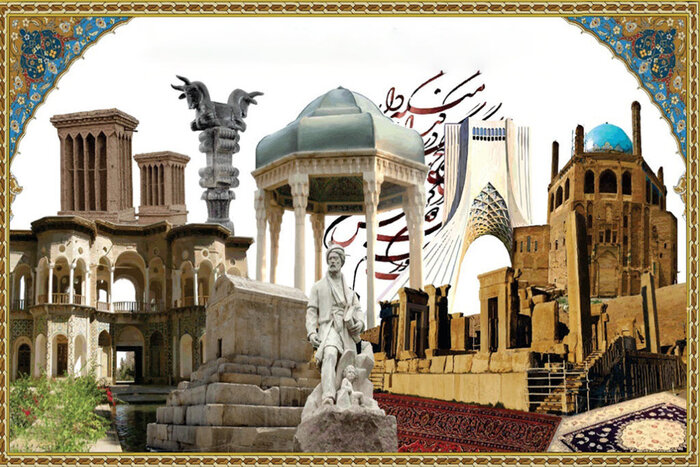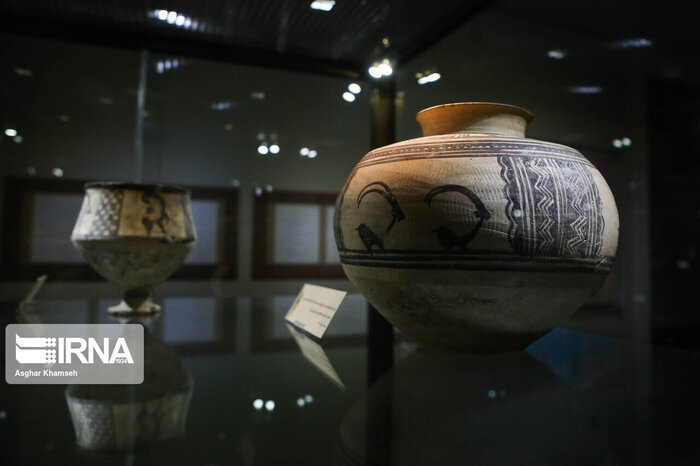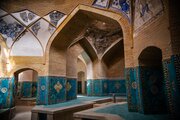As of 1980, World Tourism Day is celebrated annually across the world on September 27. It was on this day in 1970 when the Statutes of the UNWTO were adopted as a milestone of global tourism. UNWTO celebrated the first World Tourism Day as an international observance on September 27, 1980.
The purpose of this day is to raise awareness on the importance of tourism in affecting the social, cultural, political, and economic values of the international community.
In current times, it is important to raise awareness about the tourism sector given that 90% of World Heritages Sites closed as protective measures to contain the pandemic and young people in rural communities are three times more likely to be unemployed.
However, domestic tourism is expected to return before international tourism, as per UNWTO foresight. This could benefit rural communities if managed well.

Reza Abbasi Museum (RAM) as one of Tehran's precious museums, was opened to the public in 1977, gathers, keeps, and studies priceless artworks revealing the cultural legacy of Iran from the 2nd millennium BC to the early 20th century.
The museum has endured many ups and downs; it has been closed and reopened for several times, undergone changes, renovations and expansions. But, since 2000, the museum’s galleries have been alive, without any further disruptions, under the administration of the Iranian Cultural Heritage Ministry.
The chronological arrangement of the objects in three floors provides a general overview of the development of art throughout the history of Iran. Here you can observe how industry fuses more and more with art; how the influence of other cultures creates new motifs, and how the simple primitive designs give their place to more delicate and idealized figures.
The collections on display and in storage of this museum belong to a period from the 2nd millenium BC to the early 20th century which corresponds to the end of Qajar period. The displays are arranged chronologically, so visitors can have a chance to observe the development of art, culture and technology during this time interval.

The collection of objects on display in the Reza Abbasi Museum recalls an era that is unknown, mysterious, and full of the endeavors of humans for survival, fighting nature, gaining benefits and victory over the environment.
The stages that humanity has gone through to gain such a level as enjoyed today is Reza Abbasi Museum is on permanent display in five galleries.
This museum comprises a Book Shop, which has an array of exciting and unique products such as books, Pamphlets Booklets, Posters, Postal Cards, Multimedia and Prototypes.
The Reza Abbasi Museum has allocated space for training courses. Thus it is possible to teach various fields of art that are related to the Museum such as Drawing, Calligraphy, Watercolor, Oil painting, Traditional Persian drawing and Calligraphy page designing.
Reporting by: Bahador Hosseini
Edited by: Safar Sarabi
6125**1416
Follow us on Twitter @IrnaEnglish







Your Comment